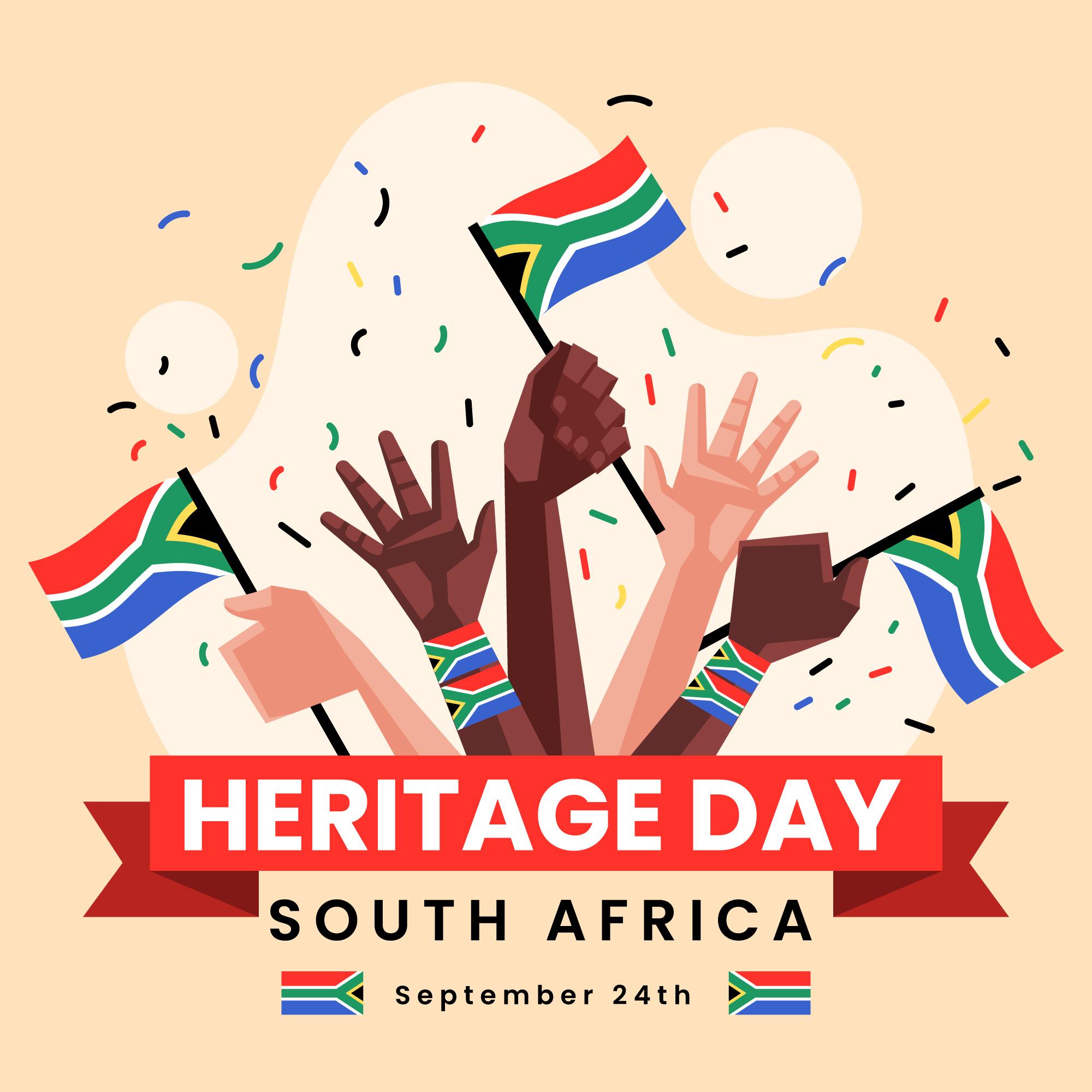Introduction
Heritage Day, celebrated on September 24th each year, is an important national holiday in South Africa that emphasizes the significance of cultural diversity and heritage. Established in 1996, the day offers an opportunity for South Africans to recognize and celebrate their unique backgrounds, histories, and cultures. This celebration reflects the nation’s commitment to fostering unity and respect among its diverse communities.
Origins and Significance
Heritage Day was created following the end of apartheid, as part of the new democratic dispensation which aimed to acknowledge and honor the different cultures that make up South Africa’s identity. The day encourages South Africans to appreciate their own heritage while also embracing the heritage of others. In 2005, the day was further popularized by the campaign “Braai Day,” which emphasizes the communal spirit of sharing a meal with family, friends, and neighbors over a barbecue, regardless of cultural backgrounds.
Celebrations Across the Country
This year, Heritage Day celebrations included a variety of events across the nation. Local communities hosted cultural festivals featuring traditional music, dance, art exhibitions, and culinary showcases. Schools incorporated lessons about local traditions, and many families gathered to enjoy traditional South African dishes, further emphasizing the importance of the day in everyday life.
In urban areas, many public events took place in parks and community centers, showcasing South African talent through live performances. In contrast, in rural areas, traditional storytelling sessions, craft markets, and indigenous ceremonies received focus, ensuring that the heritage passed down through generations continued to thrive.
The Role of Heritage Day in Shaping Identity
As the world becomes increasingly interconnected, the importance of understanding and appreciating one’s culture is paramount. Heritage Day serves as a reminder for South Africans to take pride in their roots while promoting a collective identity as a nation. The day fosters a spirit of inclusivity, encouraging ongoing dialogue and social cohesion among different ethnic groups.
Conclusion
Heritage Day remains a vital component of South Africa’s national identity. It celebrates the rich tapestry of cultures that coexist within the nation and the common values that bind its people together. As South Africa progresses, fostering respect for multiculturalism will play a crucial role in building a more unified society. Visitors and locals alike are encouraged to engage with this aspect of South African life, ensuring the legacy of the country’s diverse cultural heritage is preserved for future generations.


